DHS Announces Next Round Eligible for Vaccine, Starting Early March
The next group includes educators and childcare workers, as well as essential employees like grocery and food industry workers.
January 26, 2021
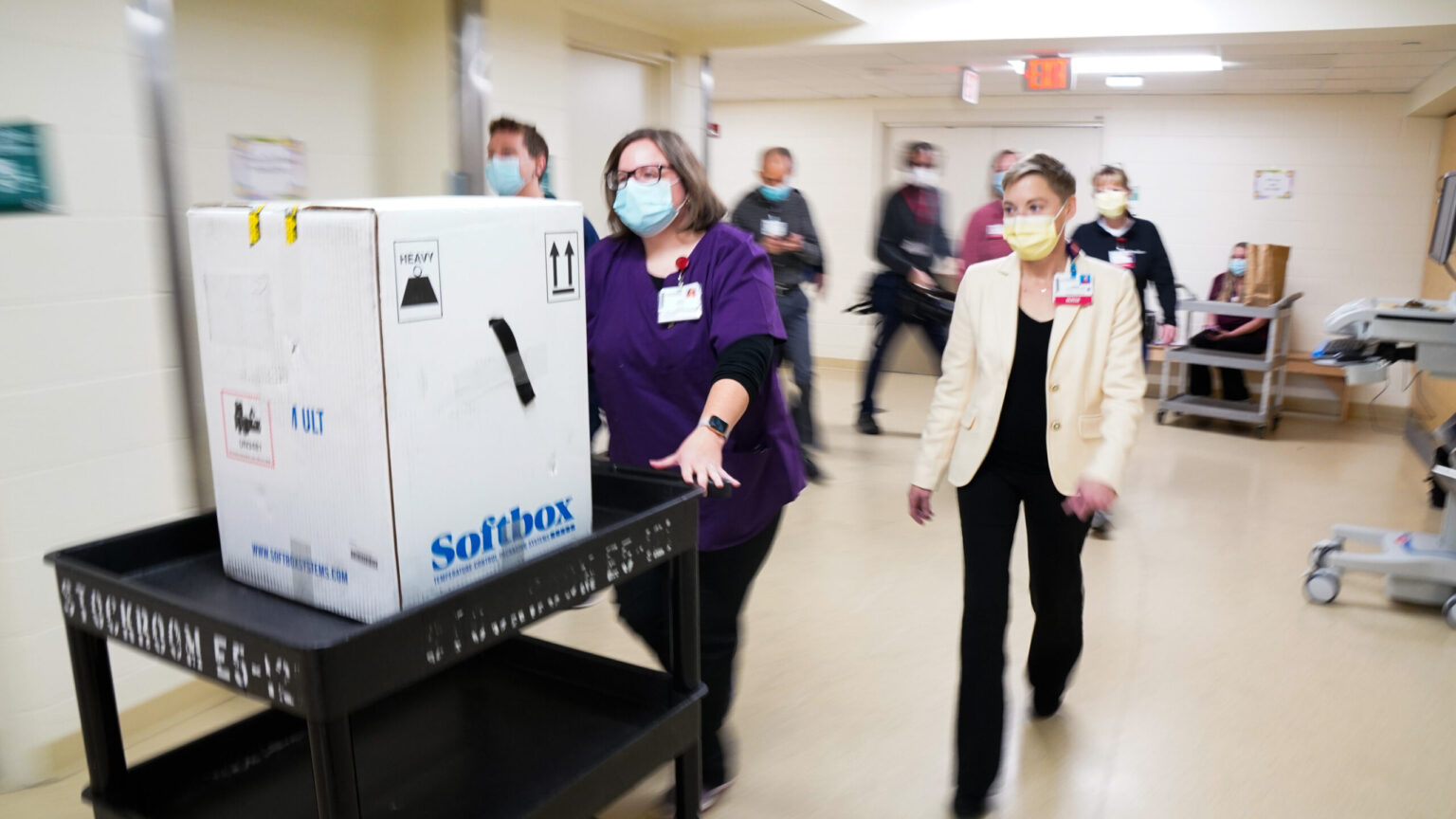
Amy Schultz, a UW Health pharmacy technician, pushes a cart holding the Pfizer COVID-19 vaccine Dec. 14, 2020. (Courtesy: UW Health)
The Wisconsin Department of Health Services announced the next round of people eligible to receive the COVID-19 vaccine, which includes more essential workers like those in the food supply chain and 9-1-1 operators.
Health officials believe this new group will start being vaccinated on March 1, but say that largely depends on the number of doses the state receives from the federal government.
“If our allocation increases, then we’ll be able to move up that date; if it decreases, we may have to postpone it,” said Deputy DHS Secretary Julie Willems Van Dijk during a Tuesday media briefing. “It is our fervent hope that we will see an increase because as we’ve said before, we need more vaccine from the federal government to meet the needs of our state.”
This also comes the same week Wisconsinites 65 and older became eligible to receive the COVID-19 vaccine in Wisconsin.
The full group eligible in the March 1 round includes educators and childcare workers, utility and public transit workers, and those living in congregate care settings including prisons. Those eligible through the food supply chain include agricultural workers as well as grocery store and food pantry workers.
“After taking the recommendations from the State Disaster Medical Advisory Committee into consideration and weighing each population’s level of exposure and level of vulnerability for severe illness or death from a COVID-19 infection, we decided on this plan for rollout,” Van Dijk said.
The rollout comes with some criticism from Republican lawmakers however, who questioned the prioritization of prisoners among the early groups of those eligible for vaccinations.
Van Dijk said that the close-quarters setting of prisons means the virus can easily spread among prison populations.
“The other thing that’s really important to remember is that outbreaks in a prison have an effect on the community as well—it’s not like it’s contained within a prison,” she added.
Republican Rep. Joe Sanfelippo, R-New Berlin, who chairs the Assembly’s health committee, proposed a bill last week to make the vaccine available to all Wisconsinites by mid-March.
“Without a significant increase in vaccine, we don’t think that’s the best strategy,” Van Dijk said. “The chaos that the rush to vaccine we saw with people over age 65—if we quintupled the number of people trying to get in the system at the same time, it would completely overwhelm the system.”
This also comes amid a debate on whether to end the governor’s COVID-19 emergency declaration that allows him to institute a statewide mask mandate. The state Senate debated a joint resolution Tuesday to end the declaration, and Assembly Speaker Robin Vos said his chamber would likely take up the measure if the Senate approves it.
The governor would be unable to veto the joint resolution.
“This is no time to remove a mask mandate in our state,” Van Dijk said, citing the appearance of more infectious strains of COVID-19 in Wisconsin.
“That’s why the governor issued one [mask mandate] last week and why it continues to be incredibly important that, whether that mandate stands or not, everybody in our state continues to wear a mask and to physically distance.”
 Passport
Passport




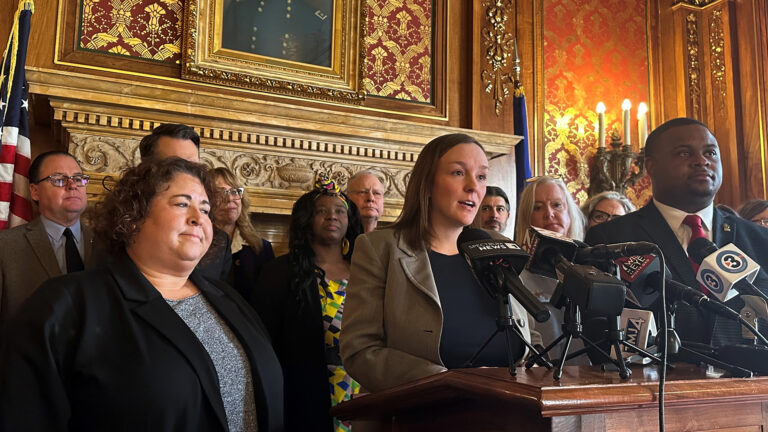
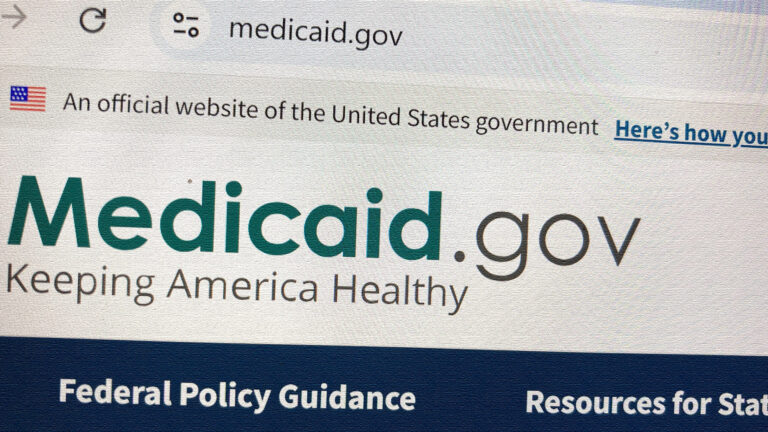


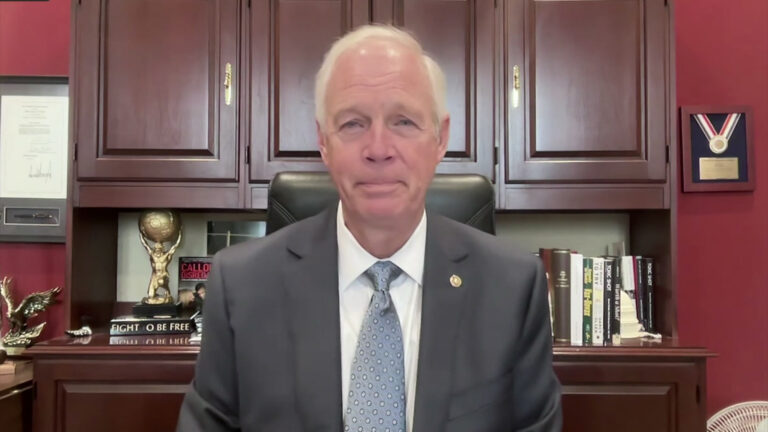
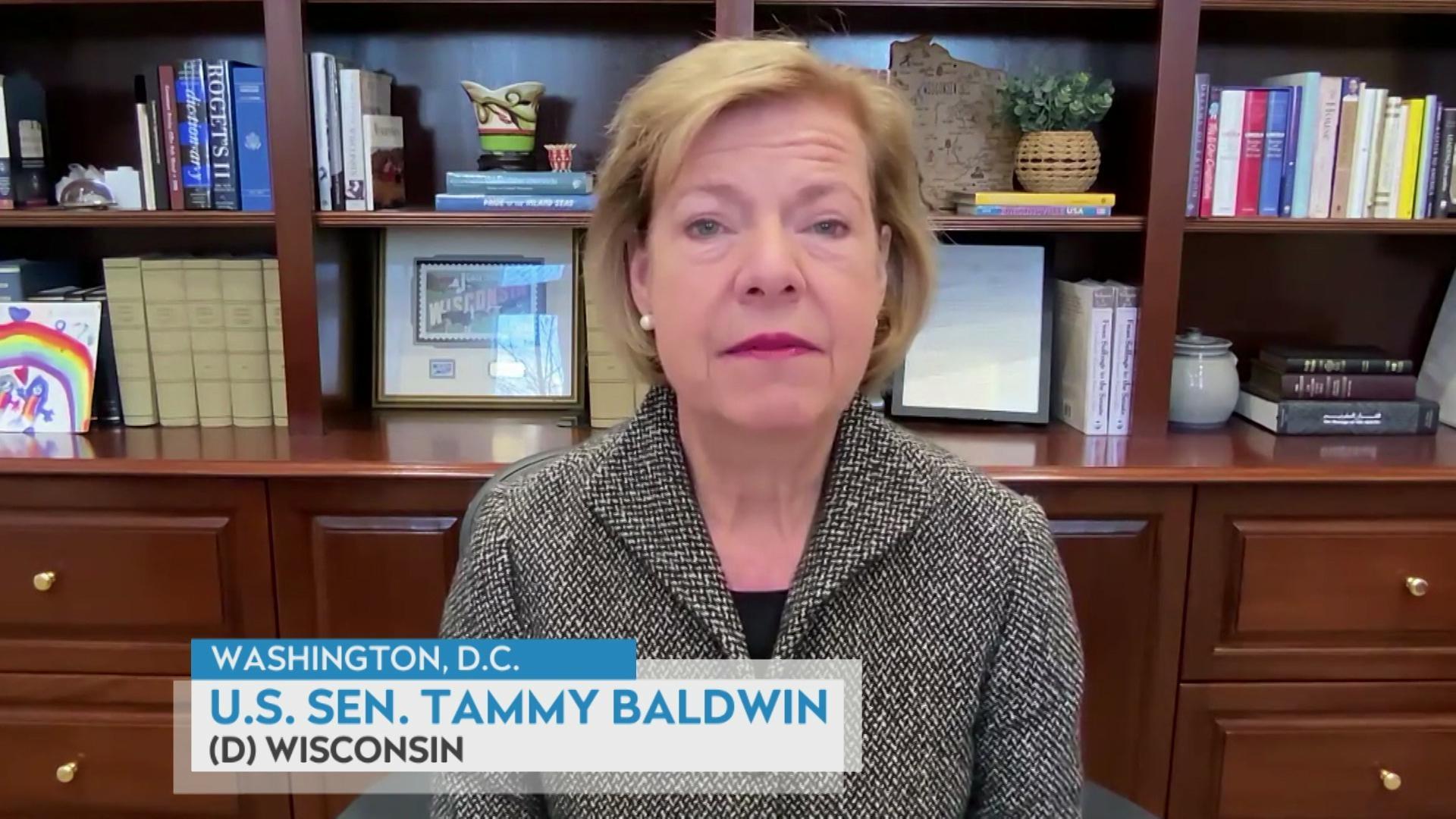

Follow Us